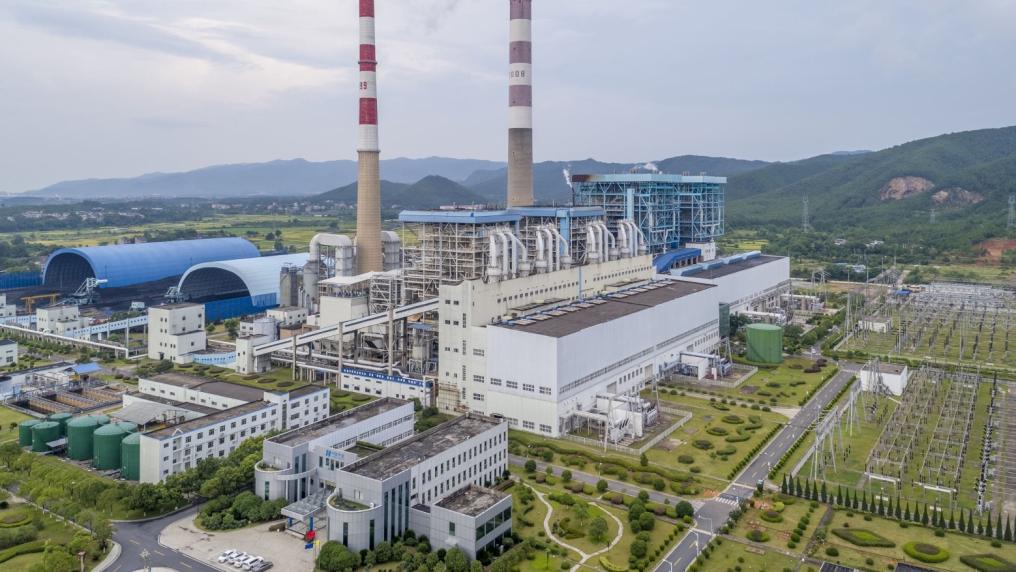Transition to Net Zero not 'one-size-fits-all'

New research from Victoria University’s Mitchell Institute has painted a clear picture of how Australia’s Net Zero by 2050 transition will impact regions and industries and recommended how to harness and mitigate the human cost.
Dr Melinda Hildebrandt used modelling completed by VU’s Centre of Policy Studies in 2021 to examine features of the most affected regions and industries, and some of the current transition initiatives already underway.
“We interviewed people engaged in work on local transition programs, mostly in the Hunter and LaTrobe valleys – this presented an accurate picture of the human cost and the significant need for urgent and targeted responses,” Dr Hildebrandt said.
In early May 2023, the Federal Government established a National Net Zero Authority to support Australia’s transition by supporting workers, coordinate programs and policies and help investors and companies.
“The National Net Zero Authority is welcomed but to ensure the authority is effective, we recommend a nuanced approach taking into account the unique features of each region and industry – it can’t be a one-size-fits-all approach,” she said.
The research team also developed an app where users can explore the impact of Net Zero by searching employment, industries, occupations and regions data.
Recommendations:
- Coordinate resources across different levels of government and organisation so that the support is provided where and when it is needed.
- Identify best practice and fund support to affected regions/employees so that regions can learn from each other.
- Conduct further research so that policy makers are informed about the changing impacts of the transition to net zero economy at an industry and regional level.
The 2021 modelling focused on two labour market scenarios:
- ‘Business-as-usual’ where Australia continues to rely on fossil fuels and does not reduce its emissions
- Where Australia commits to net zero emissions by 2050
VU’s Centre of Policy Studies’ Professor Philip Adams said the work provided the evidence needed to challenge perceptions of transitioning to net zero would be an economic disaster. The team also identified the nine regions and ten industries most affected by a transition to net zero.
“The modelling shows all regions in Australia will continue to grow in a post-fossil fuel era – in fact, industries you’d think would suffer like coal mining, will continue to be sizeable employers,” Professor Adams said.
The research team has submitted their final report to Jobs and Skills Australia for consideration.



